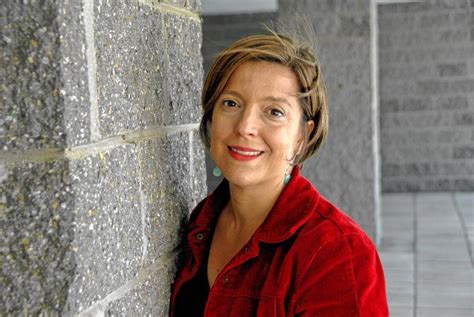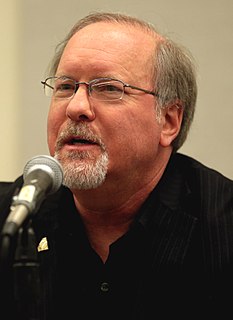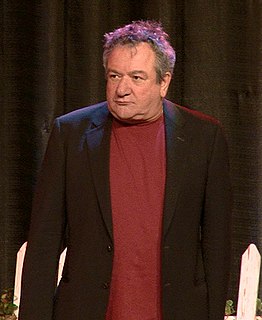A Quote by Andy Serkis
Recently I read that half the world or more has read 'The Lord of The Rings,' but then I found out that something like 75 per cent of the world knows the 'Tintin' books.
Related Quotes
If you walk along the street you will encounter a number of scientific problems. Of these, about 80 per cent are insoluble, while 19½ per cent are trivial. There is then perhaps half a per cent where skill, persistence, courage, creativity and originality can make a difference. It is always the task of the academic to swim in that half a per cent, asking the questions through which some progress can be made.
'The Sword of Shannara' is about two brothers who find themselves on an epic quest to save humanity. It borrows from 'Lord of the Rings' but is still original in its own right. I read it in three days, then reread it, then went out and found every single book Terry Brooks ever wrote, and read all those.
When Peter Jackson did The Lord of the Rings trilogy with Fellowship of the Ring, not everyone had read Tolkien, and yet somehow with that scope and the spectacle of that fantasy, people were willing to give it a shot. And when they watched the first one, the characters drew them in and they started understanding the story. And then, all of a sudden, they were The Lord of the Rings fans, even if they never read Tolkien.
Until I read Anne Frank's diary, I had found books a literal escape from what could be the harsh reality around me. After I read the diary, I had a fresh way of viewing the both literature and the world. From then on, I found I was impatient with books that were not honest or that were trivial and frivolous.




































